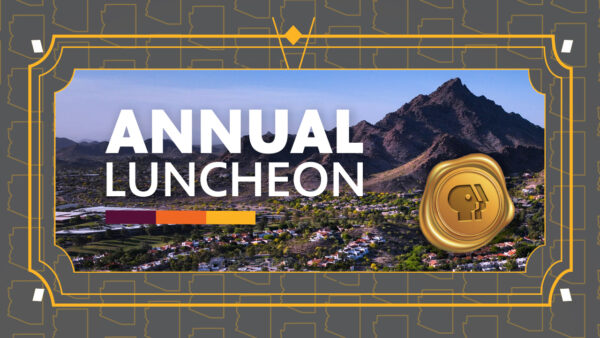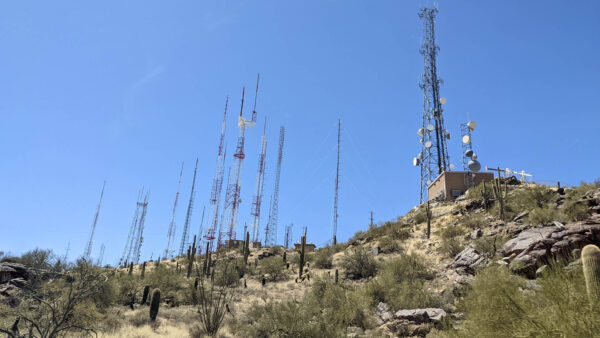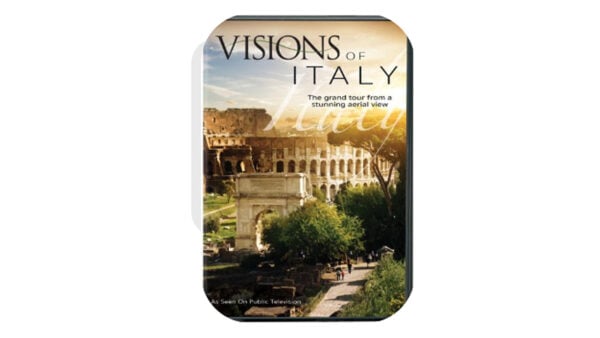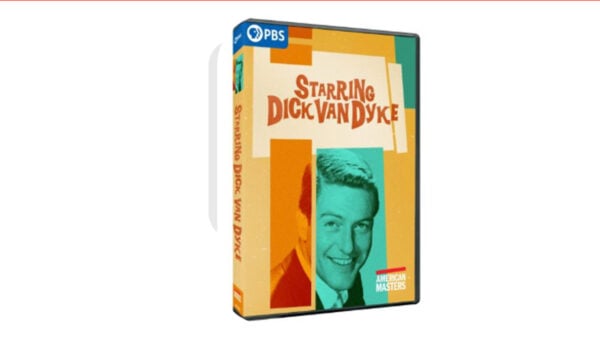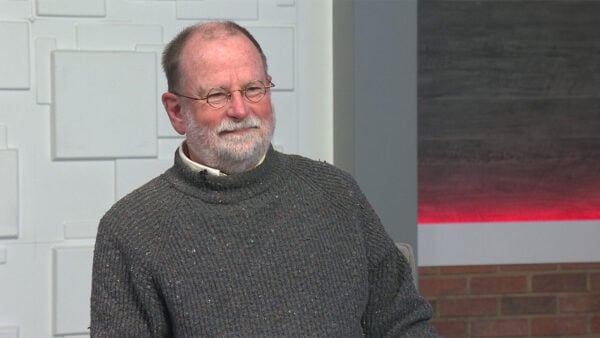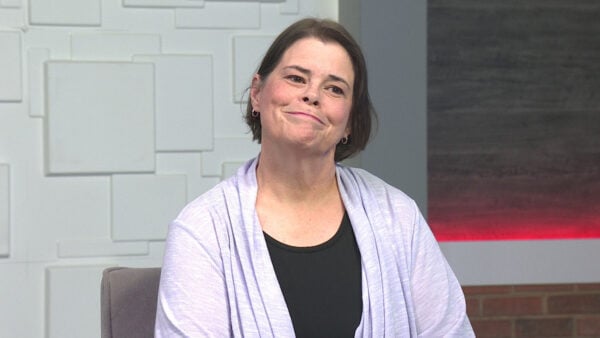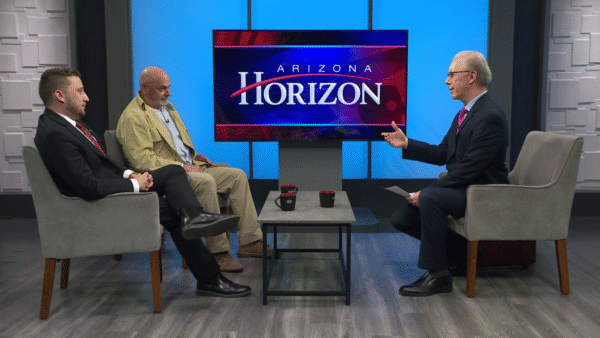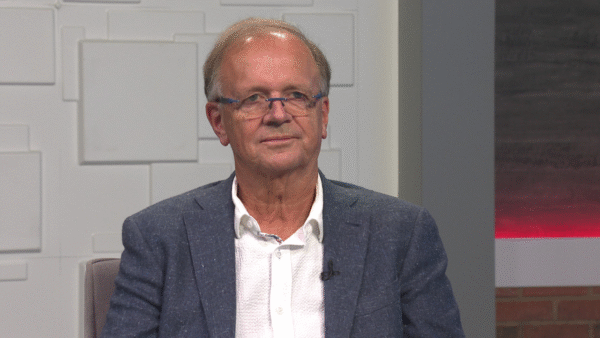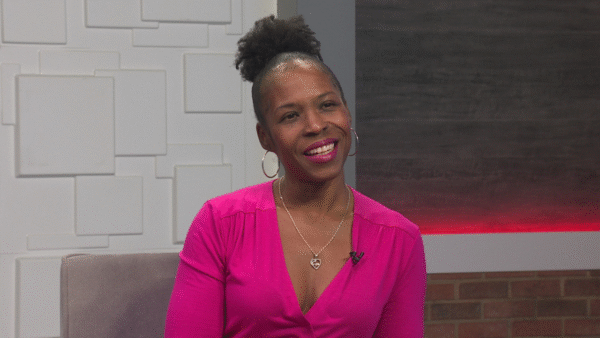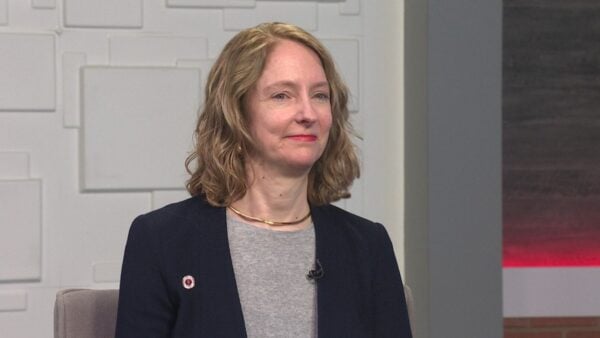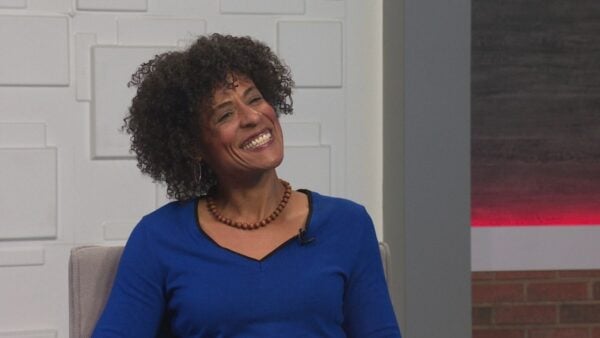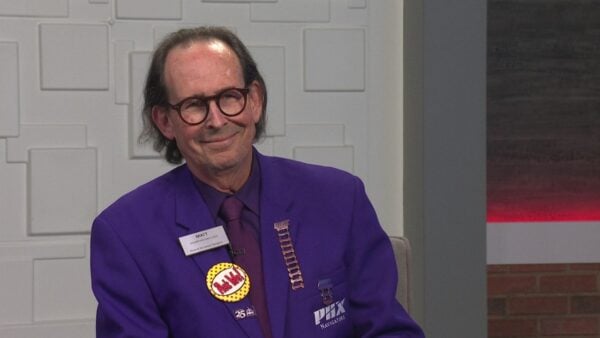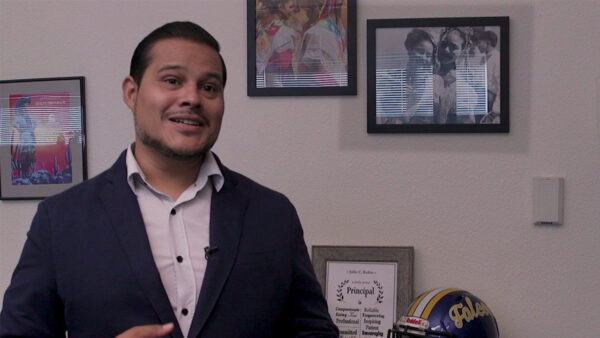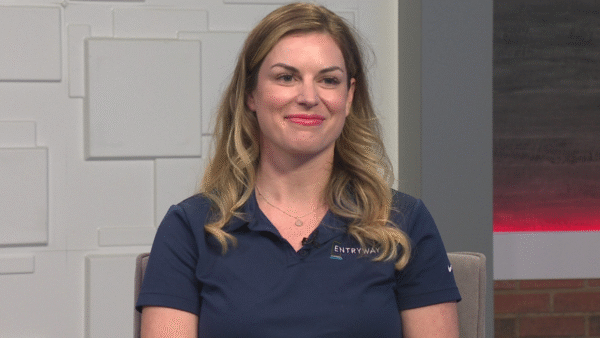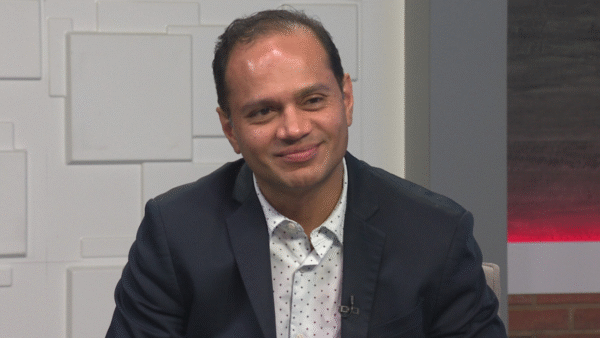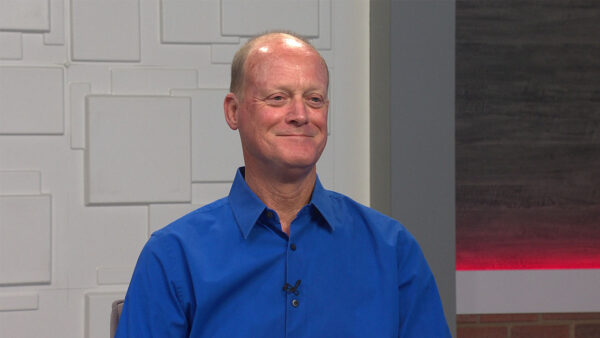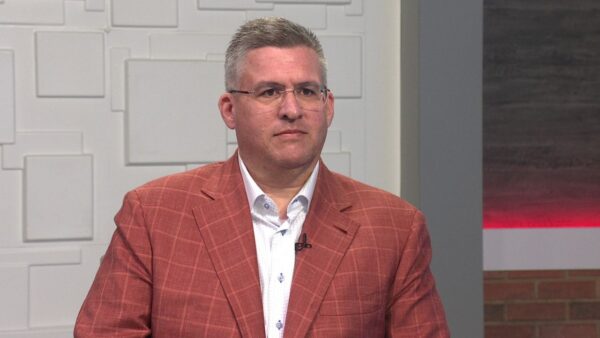Indigenous scholars, sustainability scientists and tribal leaders will gather in Tempe next week to discuss and debate indigenous sustainability and environmental issues. The “Conference on Indigenous Sustainability: Implications for the Future of Indigenous Peoples and Native Nations” offers a chance to address some of the most pressing issues facing indigenous people and the earth today. Donald Fixico, an Arizona State University Distinguished Foundation Professor of History, will discuss the conference and environmental issues from the viewpoint of American Indians.
Steve Goldstein: In tonight's "Focus on Sustainability", indigenous scholars and sustainability activities and tribal leaders gather in Phoenix next week to discuss indigenous sustainability and tribal issues. The implications to the future of indigenous people and native nations offers an opportunity to address some of the most pressing issues today. Donald Fixico joins me now to discuss the conference and the viewpoints of American Indians. Welcome.
Donald Fixico: Thank you.
Steve Goldstein: What do we need to know about the differences between the indigenous people reacting and the general public?
Donald Fixico: What that means that is native people from different parts of this country, from the southwest, from the Great Lakes, ojibwe people think of it in a different way, there's a Comanche kind of logic. Maori people think a different way, too. Australian aborigines, people from the Arctic Circle. We have the same common problems with the mainstream, I think more perspectives will help us solve these problems.
Steve Goldstein: This idea that indigenous peoples would be closer to nature and the land in general, he and might have a better idea of how to keep things sustainable.
Donald Fixico: Indeed. Indigenous comes from people's culture. Your culture is very close to the earth. People closer to their culture, meaning relating to the earth, that means they will have more of an emphasis of kind of taking care of the earth, seeing the rhythms and patterns and growth. Everything is a rotation.
Steve Goldstein: Is there a feeling the general public is moving a little bit too fast and isn't able to get that same sort of relationship with the earth and nature?
Donald Fixico: Indeed. We live in a linear world, everything's from left to right, up and down, black and white. While the mainstream society is doing that, the earth is rotating and there's patterns so all of that is kind of happening with rhythms and patterns. We think in this conference people need to understand that.
Steve Goldstein: Why is Arizona such an obvious place to hold a conference like this?
Donald Fixico: Because of the leadership of Arizona State University. President Crow said in 2002, we will gather scholars, they will be American Indian, and other scholars. There are about 20 American Indian scholars and about 50 all together across the campuses who work on Indian issues. He said in 2002 they will come together, we will empower them and help them to make ASU the leading academic institution regarding American Indian issues and how those issues fit into the broader society.
Steve Goldstein: How many Native American students does ASU have, do you know?
Donald Fixico: There's about 2,400. We are the No. 2 university in the entire United States with the largest Indian population. We also graduate the most in law schools, as well as in graduate school, too. ASU is really kind of the place to be because it's deep in Indian country. But with all of this activity of not just scholarship but also students, too.
Steve Goldstein: There must be so many great challenges, especially if a Native American student is coming from a reservation to a huge University like this. Is that one of the challenges that even goes into sustainability?
Donald Fixico: Indeed. Because there's kind of a cultural gap. Native people come from different reservations throughout the entire country, or even indigenous people coming here to ASU, they have to cross that cultural gap, so this conference will help to bridge that gap. The conference really has two missions. First of all, it'll define indigenous knowledge and help to bridge that gap to the main stream and help the main stream to understand what this is all about. It's really an indigenous paradigm. How the maor, I think, the people of the Arctic Circle, and the Bedouin think, it all comes together.
Steve Goldstein: I don't know about reaching a consensus, I'm not sure if that's possible. Is it more about educating and then realizing there are different thoughts and we can have commonality, as well?
Donald Fixico: Oh, indeed. I wanted to mention a very important book, Linda Smith, a Maori scholar really kind of produced this book which was kind of path breaking, decolonizing methodologies. And the western way of thinking about indigenous peoples, creating kind of a subaltern person. We need to rethink that. There is a book called "native science" and he says the same thing. Science and how it's approached, we need to realize there's a spiritual energy that's happening all the time. And how that happens in rotations and patterns, we need to to understand that.
Steve Goldstein: This is a big picture question, I suppose. There is something the broader public misunderstands most often about indigenous people's?
Donald Fixico: Very much so. This book was published in 1999 and this one was published the following year. So this has been going on not just in the United States but around the world. Different conversations of indigenous knowledge. We're going to make ASU a part of the conversation.
Steve Goldstein: How many different countries and states will be represented at the conference?
Donald Fixico: There are 26 guest speakers from three different countries, from Canada and also New Zealand. Wave delegation from Nepal. We have three tribal leaders, seven speakers from different Universities besides ASU. As well as our own talented people from ASU, too.
Steve Goldstein: Is there something we haven't discussed that you're extremely excited about with the conference?
Donald Fixico: It's very different in a way. People who think differently from the American mainstream and academia, and how they approach the same issues and how they can partner together, westernization and indigenous thought can come together, perhaps we will have a better chance of solving the difficult problems of the future.
Donald Fixico:Distinguished Foundation History Professor, Arizona State University;


